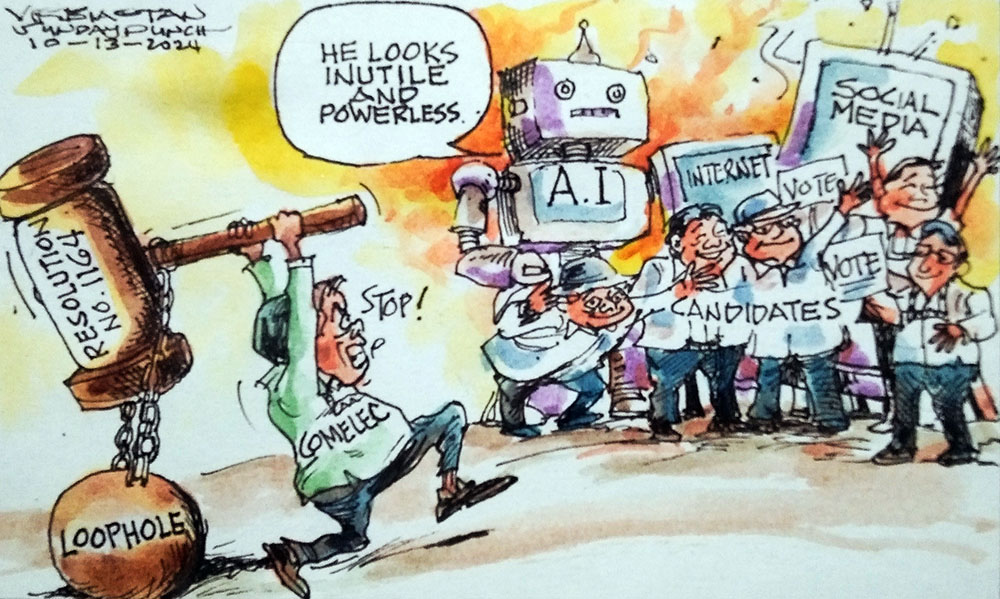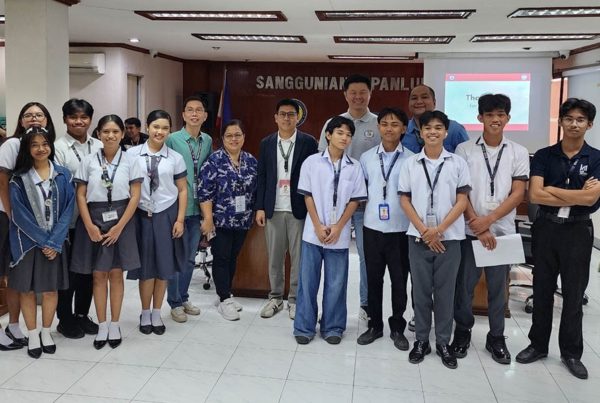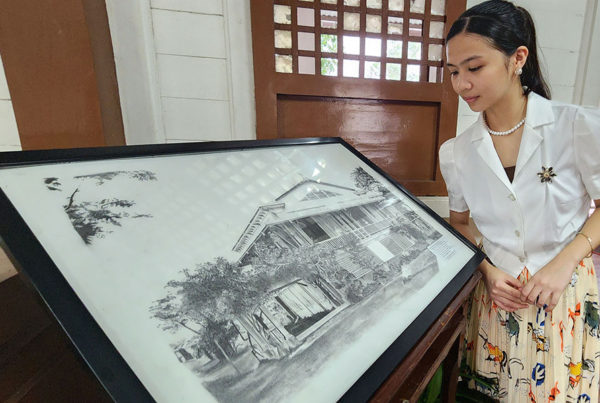
Another unenforceable Comelec rule
THERE must be something inherently wrong with the mindset of both the voting populace and the candidates vying for positions that Commission on Elections (Comelec) has to set stringent rules and guidelines on campaign activities.
Over the past decades, Comelec issued rules vs. vote-buying, designation of common poster areas, limitations for use of print, radio and TV ads, the conduct of public rallies, security of voting centers, ban of distribution of sample ballots on election day, etc. All these were promulgated ostensibly to provide equal access and opportunities to candidates, rich and poor, and among political parties.
With the string of well-intentioned rules being regulated by the sorely undermanned Comelec across the country, it didn’t take long before the candidates realized that the woefully undermanned Comelec was simply incapable of regulating the campaign activities at any time. Reason? A critical loophole in these Comelec rules says that any violation must be attested to by a local Comelec official. What lowly local Comelec official would dare attest to a violation?
Now comes Comelec’s Resolution No. 11064 seeking “to regulate and prohibit the misuse of social media, artificial intelligence (AI), and internet for the 2025 national and local elections”.
It already set the guidelines for the use, prohibition, and punishment of the misuse of the technologies for digital campaigning for the 2025 elections.
The Task Force ‘Sa Katotohanan, Katapatan, at Katarungan (KKK) sa Halalan’ was organized to spearhead “the implementation of the election campaigning rules and will monitor, detect, and receive reports of purported misuse of social media accounts, pages, websites, podcasts, blogs, vlogs, and other online and internet-based campaign platform before the EID within 30 calendar days after the filing of certificates of candidacy (COC), or until December 13, 2024.”
Until Comelec amends its rules requiring a local Comelec official to attest to violations, this new set of rules, will not serve its purpose to keep elections “fair”. Instead, if Comelec wants communities to help in promoting fair elections, it must allow witnesses of violations to file cases without the need for attestation by a local Comelec representative.
Also, Comelec’s principal mandate is to oversee clean, safe voting, to count the votes and to declare the winners. What it clearly is not capable of doing is to be a regulatory body.









